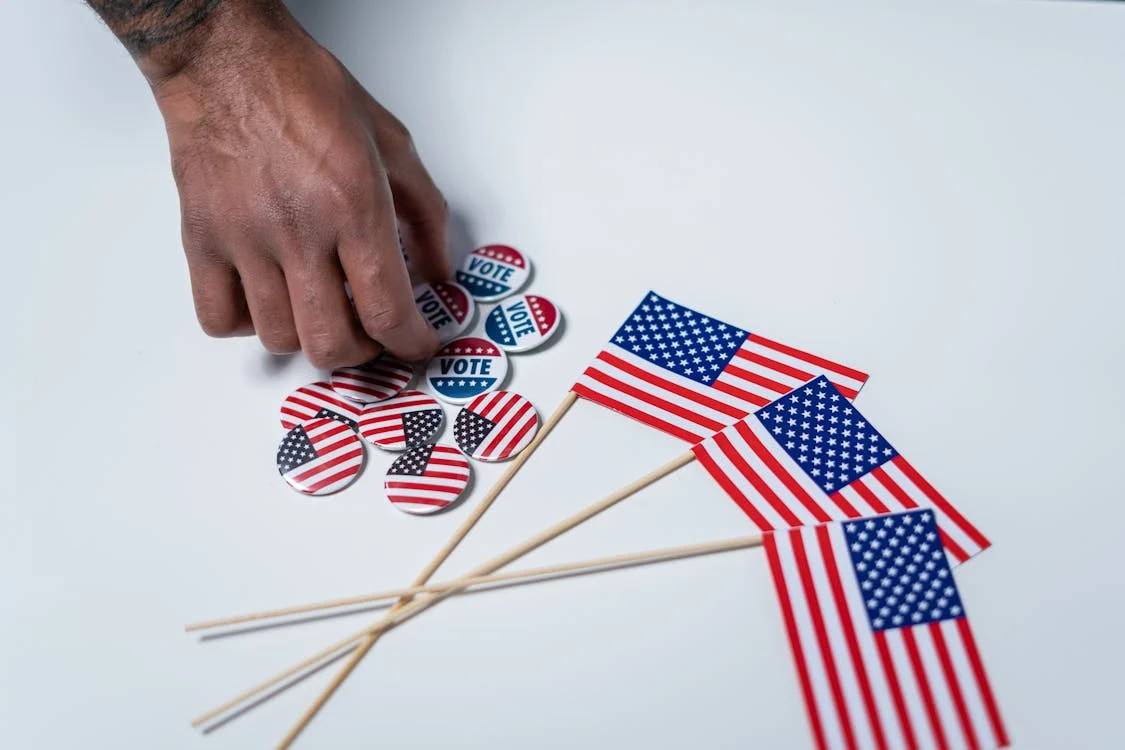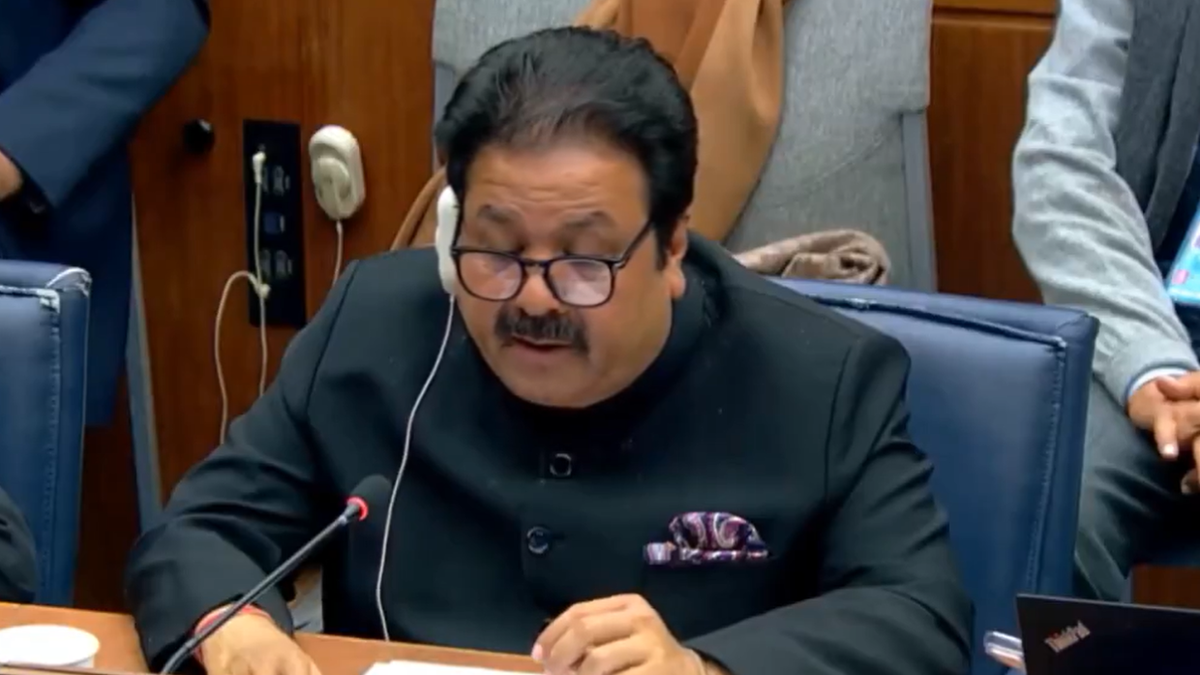Some world leaders, like Saudi Arabia’s Mohammed bin Salman and India’s Prime Minister Narendra Modi, hope for more accessible relations with Trump’s administration. After four years away, Donald Trump is back in the White House, and with it comes his signature strategy of putting American interests first and evaluating alliances according to the relative power and alignment of member states.
Israeli Prime Minister Benjamin Netanyahu is anticipated to have a familiar and supportive ally in Donald Trump. At the same time, leaders like Saudi Arabia’s Mohammed bin Salman and Prime Minister Narendra Modi may look forward to less scrutiny and smoother discussions.
On the other hand, Volodymyr Zelensky of Ukraine may encounter difficulties due to Donald Trump’s preference for countries that demonstrate strength or align with US views.
India and several other nations are likely to be considered beneficiaries of Trump’s reelection, among the world leaders who will be perceived as allies or enemies.
Prime Minister Narendra Modi, who has had a cordial relationship with Trump, viewed the return of former US president Donald Trump as a positive step. In addition to developing personal relationships, the two leaders have publicly lauded one another.
Since Trump’s policies will align with the emphasis on strong bilateral ties, Modi could continue enjoying an advantageous position if he returns to government.
Russia is a vital energy and defence partner for India. Prime Minister Modi may be able to keep tight connections with Moscow if Trump takes a position in favour of peace talks with Moscow.
Former Joe Biden administration officials expressed displeasure with New Delhi during Modi’s July meeting with Putin in Moscow. According to Bloomberg, the Trump administration might not support Canada’s attempt to hold the Indian government accountable for the purported assassinations of dissidents.
The de facto ruler of Saudi Arabia, Crown Prince Mohammed bin Salman, will use this to rekindle negotiations for a long-awaited security agreement with the United States. It is believed that Trump will prioritize extending this framework to incorporate Saudi Arabia, given his pivotal participation in the Abraham Accords that forged diplomatic relations between Israel and other Arab states.
The United States can provide Saudi Arabia with more security assistance if Trump is successful in negotiating a peace treaty between the kingdom and Israel. As a result, the kingdom could stop worrying about Iran and concentrate on growing its economy.
Benjamin Netanyahu, prime minister of Israel: Notwithstanding his tense relationship with Joe Biden, the outgoing president, Netanyahu is likely to greet the inauguration of a long-time ally as president.
Trump is expected to bolster US backing for Israel, in contrast to Biden, who temporarily suspended some military assistance out of concern for the plight of Palestinian civilians caught in the crossfire between Israel and Hamas, an organization the US has designated as a terrorist organization. Despite the danger of inciting a more comprehensive regional crisis, the incoming US leader is anticipated to show more significant support for Netanyahu’s position in continuing the battle against Iranian proxies and rejecting the creation of a Palestinian state.






